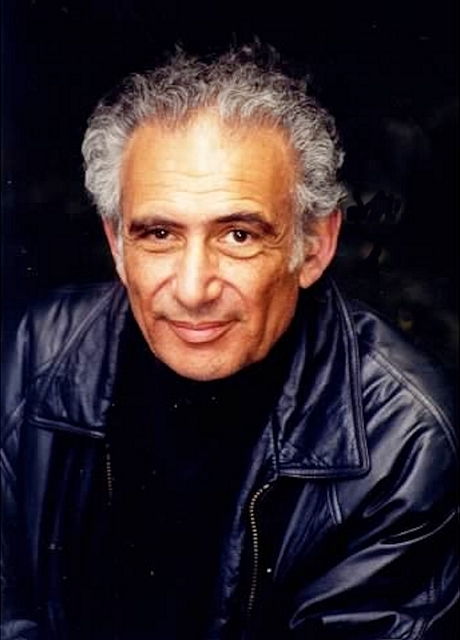Mathematics conference honors late Temple professor Marvin Knopp
Leading mathematicians, including some of the world’s foremost number theorists, came to Temple Nov. 11-12 for a conference honoring former Temple mathematics professor and researcher Marvin Knopp.
Knopp, who became a member of Temple’s mathematics faculty in 1976, was a leading expert in the theory of modular forms and a pioneering figure in the theory of Eichler cohomology, modular integrals and generalized modular forms. He passed away last December at the age of 78.
The two-day Marvin Knopp Memorial Conference featured nine talks discussing Knopp’s work in analytic number theory. Participants were some of the major figures in contemporary mathematics, including several members of the National Academy of Sciences; winners of several of the prestigious awards in mathematics such as the Cole Prize, AMS Steele Prize and Euler Medal; a fellow of the American Academy of Arts and Sciences; and a former president of the American Mathematical Society.
“Marvin Knopp has tremendous stature within the number theory community, both for the quality of his work and because he was so very well liked,” said Edward Letzter, chair of Temple’s Mathematics Department and conference co-organizer.
Knopp was the author of over 70 publications and three books, including the foundational "Modular Functions in Analytic Number Theory." He twice gave invited addresses to meetings of the American Mathematical Society, and in 2007 the International Journal of Number Theory dedicated a volume in his honor.
During his 35-year tenure as a Temple faculty member, Knopp, along with several others, played a key role in helping to elevate the mathematics department’s stature as a research-oriented department, both at the university and within the mathematics community.
“As the kids would say today, but Marvin would probably not approve, it was a ‘no brainer’ to have this conference for him,” said Wladimir Pribitkin, a professor of mathematics at the City University of New York’s College of Staten Island and a conference co-organizer.
Pribitkin, who was a doctoral student under Knopp, earning his Ph.D. from Temple in 1995, said the turnout by so many eminent mathematicians was the ultimate show of respect for Knopp and his work.
“Marvin was 78 when he died and many of these major figures in mathematics first met him when they were in their 20s and 30s,” said Pribitkin. “He helped them out and they remembered this, so they came here to pay tribute to the man. He was definitely a guide and a mentor to many people.”
Pribitkin, who called Knopp a “powerhouse mathematician,” became a collaborator and said he is finishing several projects he began with Knopp, including a joint paper and book.
Temple Mathematics Professor John Allen Paulos first met Knopp as an undergraduate student at the University of Wisconsin, when Knopp substituted for an ill professor in Paulos’s third-year calculus class.
“From that moment on I thought of him not only as a great teacher, but also as a humorous and caring man,” said Paulos.
Paulos was a young mathematics faculty member when Knopp joined Temple in 1976 and he reminded his former teacher of their previous meeting. “We immediately became friends, partly because we shared Midwest roots; he grew up in Chicago and I grew up in Chicago and Milwaukee,” said Paulos.
Paulos also noted how the conference’s participants reflected on Knopp’s admiration in the mathematics community.
“All these eminent mathematicians coming to Philadelphia to give a talk testifies to how well Marvin was respected and admired,” he said.
The conference was sponsored by the Number Theory Foundation and Temple’s Department of Mathematics. Conference activities also included a concert featuring the Peabody Trio, of which Knopp’s son Seth, a renowned pianist, is a member, and a banquet. Both events were attended by Knopp’s longtime partner, Phyllis Zemble, and his daughter, Abby.
